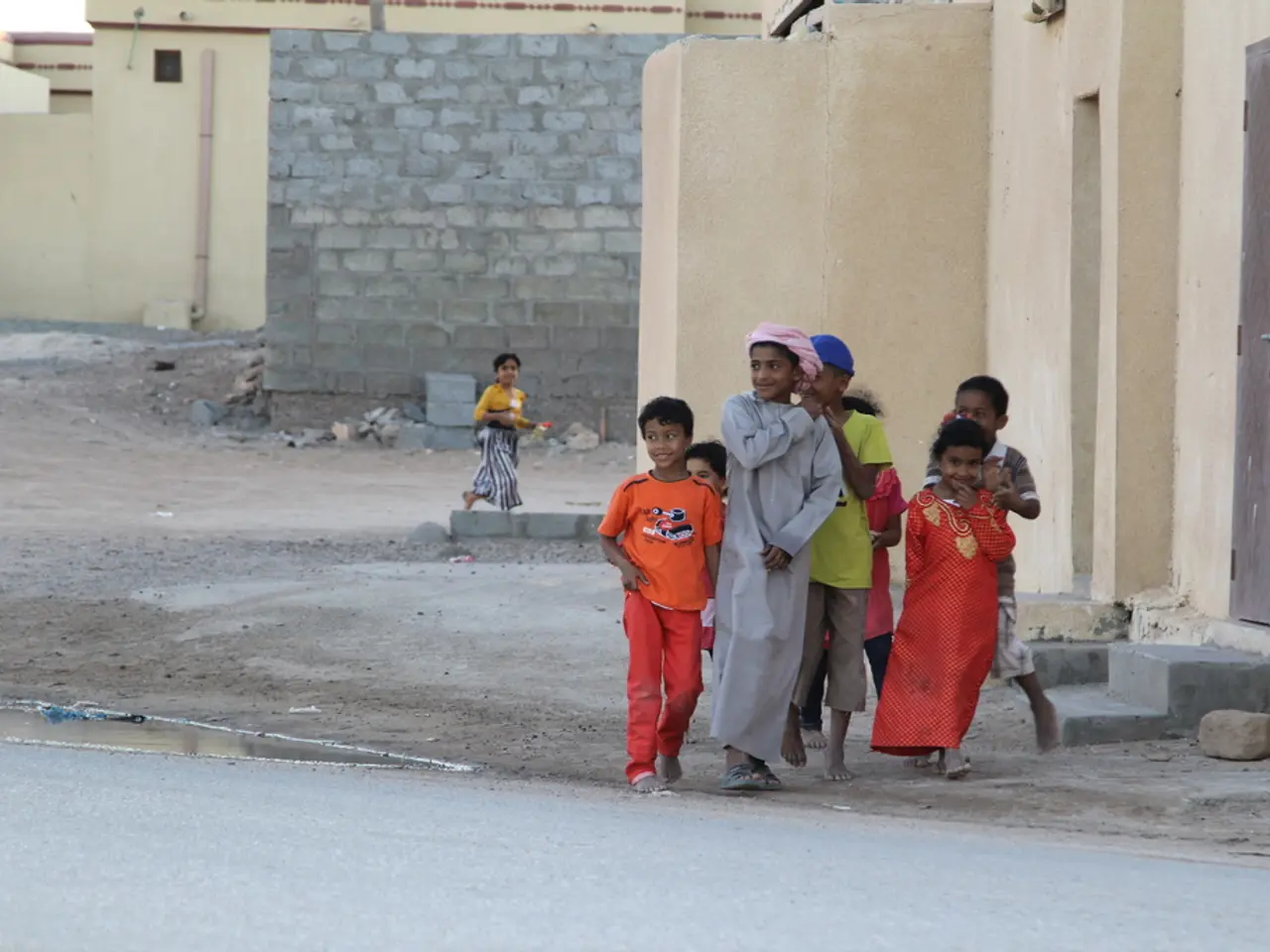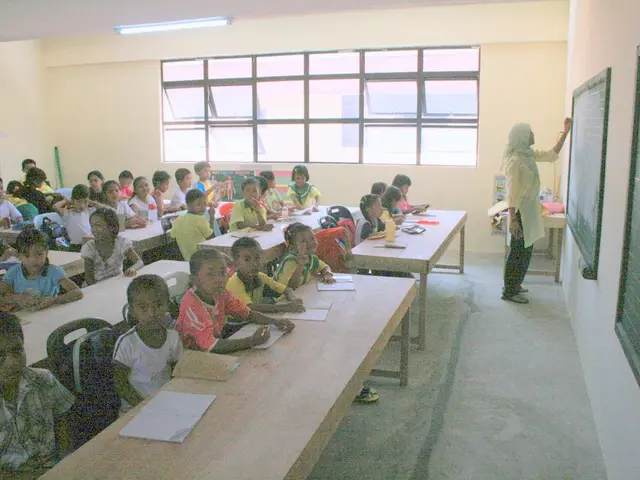Unmanned Lifeboats Floating Freely at Sea
In Canada, a silent reality is unfolding as the demand on food banks and community organisations continues to increase sharply due to rising food prices and widespread food insecurity. This trend is causing significant funding challenges and social justice concerns.
According to the Canadian Food Price Report, food prices are expected to rise between 3% and 5% in 2025, raising the average annual food expenditure for a family of four to approximately CAD 16,833.67. This represents an increase of around CAD 800 compared to the previous year. Monthly grocery inflation remains above general inflation rates.
This surge in food prices has led to an alarming increase in food insecurity. In 2023, 22.9% of households in Canada's ten provinces experienced food insecurity, affecting 8.7 million people, including 2.1 million children. Regional disparities exist, with Nova Scotia and Prince Edward Island reporting rates nearing 29%. Younger Canadians, particularly those from Generation Z, are particularly vulnerable, with nearly 40% relying on savings or credit for food purchases.
The impact of this food insecurity is evident in the record demand on food banks. In 2023, visits to food banks surpassed 2 million, marking a 90% increase since 2019. Provincial data show a 25% rise in food bank visits since 2024, with 43% of visitors being first-time users.
Food banks and community organisations face increased operational costs due to inflation in food and related expenses. Government expenditures showed some increase in 2025, but business and residential investments declined, potentially limiting broader economic support that could alleviate poverty. Food banks rely heavily on donations and government grants, which may struggle to keep pace with rising demands and inflation.
The persistence of food insecurity exacerbates inequalities, particularly affecting children, youth, and marginalised populations. This situation is causing insecurity among children, affecting their performance at school and confidence in the future. Community organisations in Quebec, for instance, are supporting thousands of children who start school with empty stomachs, anxiety, and insecurity.
The current situation is causing indignation among many, and indifference towards it is no longer acceptable. Investing in education and community organisations is crucial for prevention and avoiding future social and economic costs. The children of Quebec deserve immediate improvement in their current situation.
Solutions require coordinated funding strategies, policy reforms, and community-based resilience building. Increased and sustained government funding targeted at food security programs is necessary to reduce reliance on emergency food banks. Policy initiatives to address income inequality and affordable housing are also crucial, as food insecurity is interconnected with broader socio-economic issues.
Support for community-based organisations to build capacity and resilience is essential. Partnerships with local food producers and retailers can help strengthen these organisations. Innovative models such as subsidised food programs, enhanced social assistance benefits, and integration of food security in public health approaches are also potential solutions.
Without structural funding and recognition of their role, community organisations risk sinking. By 2027, if the trend of increasing demands continues and no changes are made to aid for community organisations, rationing of aid is foreseeable. Donations are no longer sufficient to meet the growing needs. Community organisations fill gaps in a system that no longer meets the essential needs of the population. Rationing insufficient aid is unacceptable.
Community organisations are essential partners of the social safety net, acting with respect and dignity. They are standing in the face of soaring costs of living and an eroding social safety net. During crises, they serve as lifeboats, providing quick and effective responses where no government program can. This is not about charity, but about social justice.
The rise in food prices and subsequent food insecurity in Canada is causing a significant strain on education and self-development, particularly for vulnerable youth like those from Generation Z who are relying on savings or credit for food purchases.
In response, investing in community organisations, which are key partners in the social safety net and provide lifesaving responses during crises, is essential for preventing future food insecurity and its impacts on children's education and self-development.




